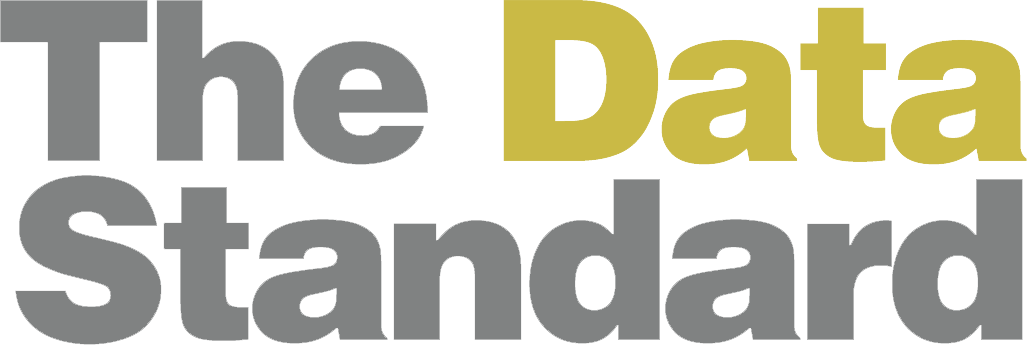The Data Standard Audio Experience with guest Vin Vashishta Data Scientist and Author
The Data Standard
The Data Standard Audio Experience with guest Vin Vashishta Data Scientist and Author
Host Darren Kaplan sits down with Vin Vashishta to talk about frontier vs laggard companies in the ML Space.
Episode Summary
In this episode of The Data Standard, host Darren Kaplan discusses frontier vs. laggard companies in the ML space with Vin Vashishta, Data Scientist & Author.
We can divide all businesses into two groups based on how they tackle disruptions – frontier and laggard companies.
Frontier’s business model is a transit-competitive one. These businesses go from technology to technology and implement each of them to improve and streamline business processes and use the information to fuel data-driven decision making.
This adaptive approach enables them to take advantage of disruptions and capitalize on them. It makes them future-proofed and creates a dynamic atmosphere driven by intelligent survival business instincts.
Laggard companies, on the other hand, are built to make ends meet. These companies look at technologies as an expense rather than as an investment and opportunity. Unfortunately, it makes their future uncertain, with shareholders often deciding to opt for either acquisition or merger.
Frontier and laggard companies act entirely differently in the ML space.
Do you want to discover the effects ML space has on them?
Tune in with Darren Kaplan and Vin Vashishta and hear all about frontier vs. laggard companies in the ML space.
Meet The Host
Darren Kaplan
Co-Founder & Board Member of HiQ Labs
Darren Kaplan is 2x Founder and recognized as one of the Top 20 Data Science Influencers in 2020. Darren is the co-creator of The Data Standard, the premier networking user-community for data-science, data engineers, and cybersecurity enthusiasts.
Meet The Guest
Vin Vashishta
Data Scientist & Author
Vin Vashishta is a data scientist and author who spent the last 25 in technology with the last 10 in data science and machine learning. One of his greatest contributions was getting companies to understand the value and spend money on data science.

